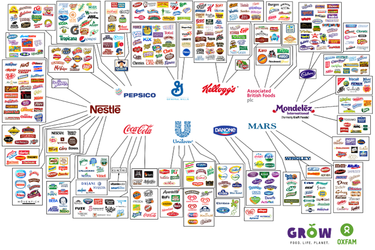- Joined
- Aug 14, 2009
Think you might be misunderstanding the way exploitative is being used here. The most basic way it is used in leftist rhetoric is the example of a worker. A worker produces X amount of work for an employer; but the employer only pays the worker X-y. That is the exploitation.
In this case the property is worth X to the owner, but in order to make a profit they need to sell it for more then X, X+y. This is exploiting the consumer. Is this wrong? Not on their own. But if you are required to purchase an item/service or are unable to leave a job due to externalities then it becomes coercive and depending upon the value of y vs X it become more or less bad.
So exploitation is value neutral under capitalism as it's the system working as intended. Leftist just don't like it because they value things more than profit.
In this case the property is worth X to the owner, but in order to make a profit they need to sell it for more then X, X+y. This is exploiting the consumer. Is this wrong? Not on their own. But if you are required to purchase an item/service or are unable to leave a job due to externalities then it becomes coercive and depending upon the value of y vs X it become more or less bad.
So exploitation is value neutral under capitalism as it's the system working as intended. Leftist just don't like it because they value things more than profit.

 Your support makes Blue Moon possible (Patreon)
Your support makes Blue Moon possible (Patreon)